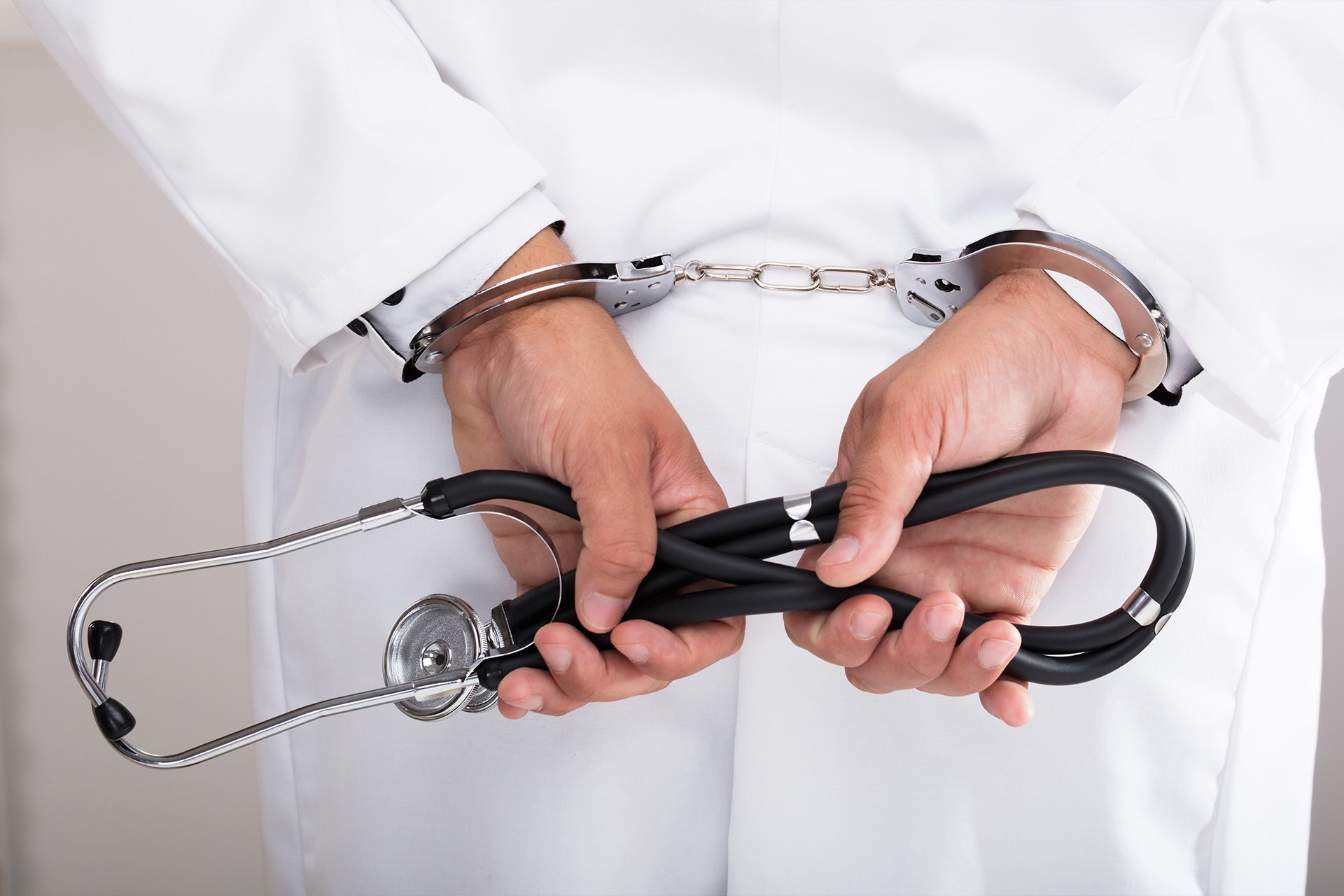What Qualifies For Medical Malpractice?
It’s undeniable that patients suffer because of medical errors every day. However, a mistake on the part of a medical care provider doesn’t necessarily constitute malpractice.
To be considered malpractice, there are a variety of factors that must have occurred, and most of the time these factors are everything but straightforward. If you suffered malpractice due to the actions of a medical provider or an institution, you’re legally entitled to file a claim to receive compensation for the cost of treating your injuries.
The only questions here are what qualifies for medical malpractice and how you can prove it happened in a court of law.
What is medical malpractice?
Medical malpractice is a legal cause of action that takes place when a healthcare professional deviates from the standard of care or fails to provide the care that another care professional would have provided in similar circumstances.
Depending on the severity of the error, the harm caused to the patient could be so extensive that it demands additional treatment or surgery. In some cases, such as with misdiagnosis of cancers, the disease may have progressed to the point where it’s significantly harder to manage and may jeopardize the patient’s life.
This doesn’t mean that an unsuccessful treatment automatically meets the marks of what qualifies for medical malpractice. Physicians sometimes have to try a variety of treatments until they find the one that works best. Thus, as long as the courses of treatment suggested by the care professional are appropriate, chances are the physician is acting within the accepted standards of care, even if the treatment ends up yielding unfavorable results.
Types of medical malpractice
There are numerous ways patients can be harmed by medical malpractice. Here are the most common types:
- Misdiagnosis:this type of malpractice occurs when a medical professional fails to correctly identify a condition. Common instances of misdiagnosis include cancer, heart problems, and organ damage.
- Delayed diagnosis: medical professionals must promptly order appropriate diagnostic tests according to the patient’s symptoms. When they fail to do so and it results in harm to a patient, the physician may be liable for the damages.
- Failure to treat: a medical professional may also properly diagnose a condition but fail to recommend the correct treatment.
- Surgical errors: all surgical procedures carry a great deal of risk so not every unsuccessful surgery can be considered malpractice. If the surgeon fails to meet the standards of care, on the other hand, the procedure in question will constitute malpractice. Common examples include the wrong body part being operated on, surgical equipment left in the body, and so on.
- Birth injuries: healthcare professionals working in delivery rooms have to anticipate complications and react accordingly. When errors happen in these circumstances, the infant can suffer harm that may require years of care. Thus, the parents of the child may file a malpractice claim against the delivery team for a birth injury caused by the failure to adhere to standards of care.
Elements of a malpractice claim
To determine what qualifies for medical malpractice, attorneys must establish the presence of the following elements:
- A patient/doctor relationship must have existed: for a malpractice claim to be valid, a patient-doctor relationship needs to be established. This is typically the easiest element to prove because the sheer act of seeking out medical advice or registering at a medical institution establishes this relationship.
- Negligence: the medical professional’s actions must have been negligent. In other words, you must prove that the medical treatment provided fell below the accepted standards of care that another competent physician would have provided in the same circumstances.
- Causation: in medical malpractice cases, establishing negligence isn’t enough as you must also demonstrate that the doctor’s negligence directly led to your injuries.
- Losses: damages directly represent the losses incurred by the injury and are meant to compensate the patient for any losses they sustained due to the physician's negligence. It’s worth noting that even if all the other three elements exist, the malpractice case won’t be valid if the injury didn’t incur any losses.
What is the evidence necessary in a malpractice claim?
Now that you know what qualifies for medical malpractice, we can shift our attention to the types of evidence you’ll require to win your case.
First, you need medical bills. This is clear evidence of the amount of expenses you had to cover due to the malpractice. To paint the full picture of your losses, you also need to provide pay stubs to demonstrate the amount of income you lost as a result of the injury.
However, the most important piece of evidence is expert witness testimony from a healthcare worker specializing in the same field as the liable party. The expert witness can demonstrate how the defendant failed to meet the standards of care by explaining the right steps that they would have taken if facing a similar situation.
Lastly, testimony from you and your close family members can further substantiate your claim by showing to the jury how medical malpractice affected your day-to-day life.
What is the statute of limitations for medical malpractice in Florida?
According to Florida Statutes §95.11, the statute of limitations is two years from the date of the incident. Furthermore, you have a two-year window from the date of discovery to file a medical malpractice claim.
In other words, in cases where you didn’t discover the injury right away, the statute of limitation will start on the date you have become aware (or the date you should have become reasonably aware) of the injury.
Read more about the statute limitations and any exceptions that may apply to your case.
Get help now!
No matter how clear-cut the case may seem, you must hire an attorney to file a malpractice suit. Since the medical professional’s reputation is on the line, you can expect them to fight to the bitter end, and you should do everything in your power to protect your rights.
By hiring attorneys from Chakour Law, you can receive the best legal representation available to victims of malpractice in Florida. Regardless of your financial situation, we’ll fight for your best interests, and since our attorneys come from a medical background, we’ll bolster your claim with insider knowledge that is hard to come by.
Schedule a free case evaluation now by calling (833) 633-6257 or filling out our
contact form.
Note:
The information in this blog post is for reference only and not legal advice. As such, you should not make legal decisions based on the information in this blog post. Moreover, there is no lawyer-client relationship resulting from this blog post, nor should any such relationship be implied. If you need legal counsel, please consult a lawyer licensed to practice in your jurisdiction.
Disclaimer: The information on this website and blog is for general informational purposes only and is not professional advice. We make no guarantees of accuracy or completeness. We disclaim all liability for errors, omissions, or reliance on this content. Always consult a qualified professional for specific guidance.
RECENT POSTS






